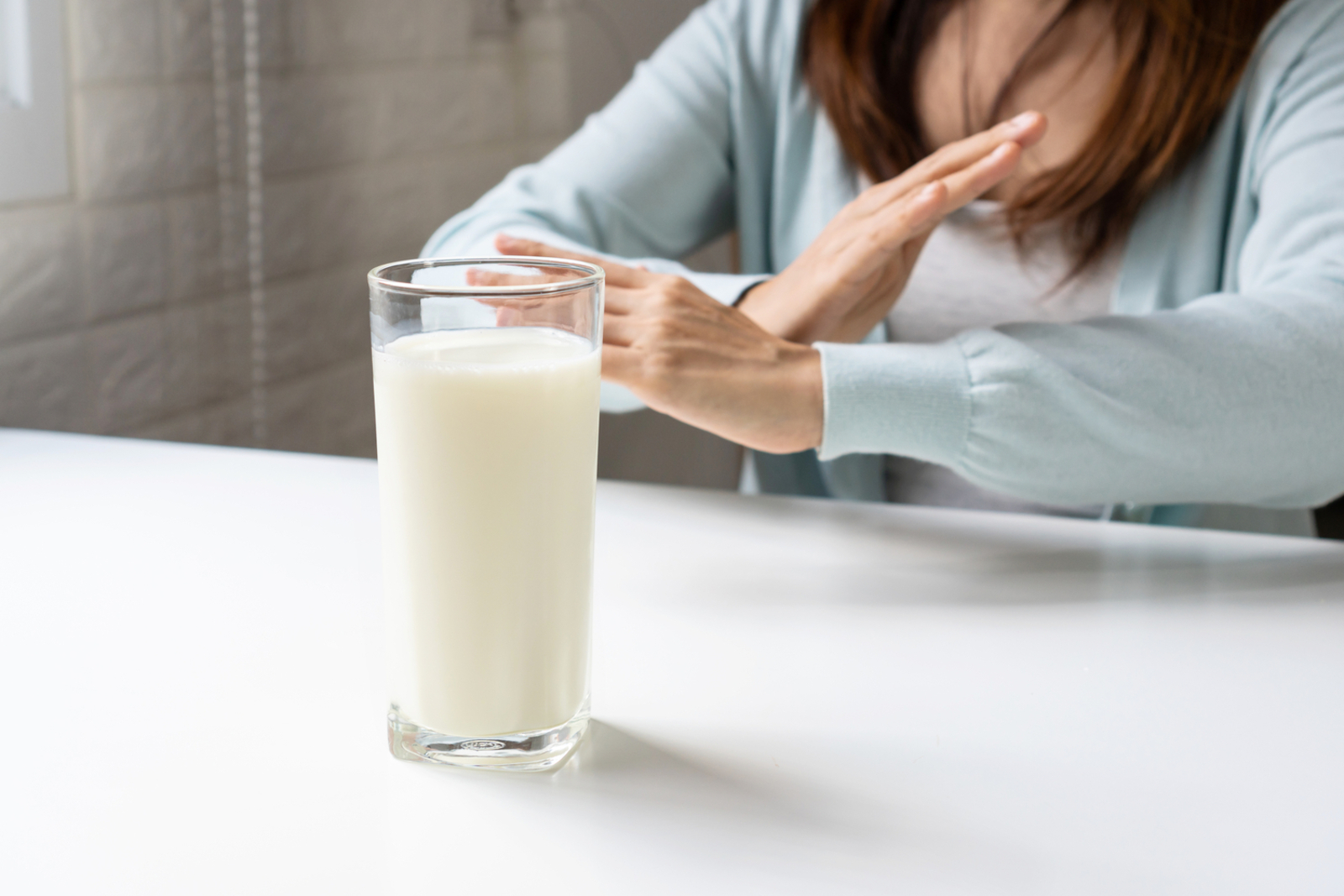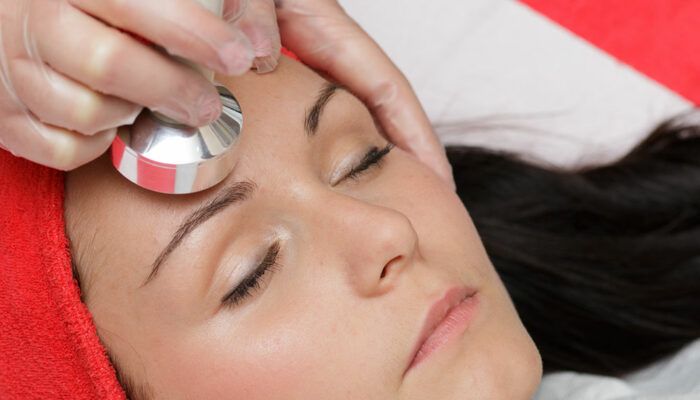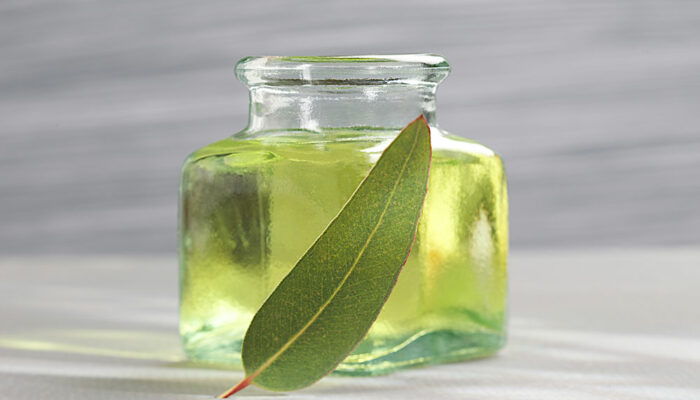
Foods to Avoid While Taking Prescription Medications
Did you know that some foods can affect the effectiveness of different health medications? There are many foods out there that can negatively interact with different prescriptions, especially if you have issues with cholesterol or if you suffer from diabetes. Since cholesterol and diabetes are directly linked to levels in your body affected by the food you eat, you need to be careful that you are eating healthily. So whether you see your doctor in person or get online prescriptions, be sure to contact your health care provider to discuss the following food interactions with your medications:
1. Grapefruit
While grapefruit and grapefruit juice are full of vitamin C, potassium, and other nutrients they are known to interact with a variety of different medications. This is because the juice from grapefruits allows more of certain drugs to enter the bloodstream. Some examples of medications that are affected by grapefruits are as follows: some statin drugs to lower cholesterol, some drugs that treat high blood pressure, some organ-transplant rejection drugs, some anti-anxiety drugs, some corticosteroids that treat Crohn’s disease or ulcerative colitis, some drugs that treat abnormal heart rhythms, as well as some antihistamines. If you take any drugs in the categories listed, then contact your health care provider to see if there is an issue with consuming grapefruits while taking these medications.
2. Dairy products
While dairy products are chock full of calcium and are good for bone health, when they are combined with certain medications they can affect how effective a medication is and can potentially make it less effective. The following categories of medication can potentially be affected by dairy products: tetracycline and fluoroquinolone antibiotics, bisphosphonates, iron supplements, and thyroid medications. If you take any of these medications be sure to discuss with your medical practitioner if there is any chance of a drug interaction while consuming dairy products.
3. Tyramine-rich foods
Foods rich in the amino acid known as tyramine include beer, aged cheeses, processed meats, smoked fish, chocolate, and red wine. If you consume any of the foods mentioned there then you need to be careful when taking monoamine oxidase inhibitors (MAOIs), a type of treatment for depression. Unfortunately, the tyramine in these foods can interact with the MAOIs and can cause unsafe spikes in blood pressure. Be sure to avoid foods rich in tyramine if you are taking MAOIs medication or discuss switching medications with your doctor.
4. Leafy greens
Examples of leafy greens include kale, spinach, swiss chard, arugula, romaine lettuce, collard greens, bok choy, and more. One thing that leafy greens have in common is a high amount of vitamin K. Vitamin K is vital for the blood’s ability to clot and help prevent bleeding but this can become an issue when taking certain anticoagulants. Some anticoagulants work by inhibiting vitamin K so increasing the amount of vitamin K you take can cause these medications to become less effective. Be sure to discuss any concerns about vitamin K consumption with your doctor if you take this type of medication.
5. Alcohol
Certain medications do not mix well with the use of alcohol. If you drink regularly then be careful if you begin taking the following types of medications: antibiotics, antidepressants, antihistamines, barbiturates, benzodiazepines, histamine H2 receptor antagonists, muscle relaxants, non narcotic pain medications and anti-inflammatory agents, opioids, and certain anticoagulants. These types of medications have different ingredients and effects which may be affected by the use of alcohol. Discuss with your medical practitioner if you are worried alcohol use will affect your medications.



